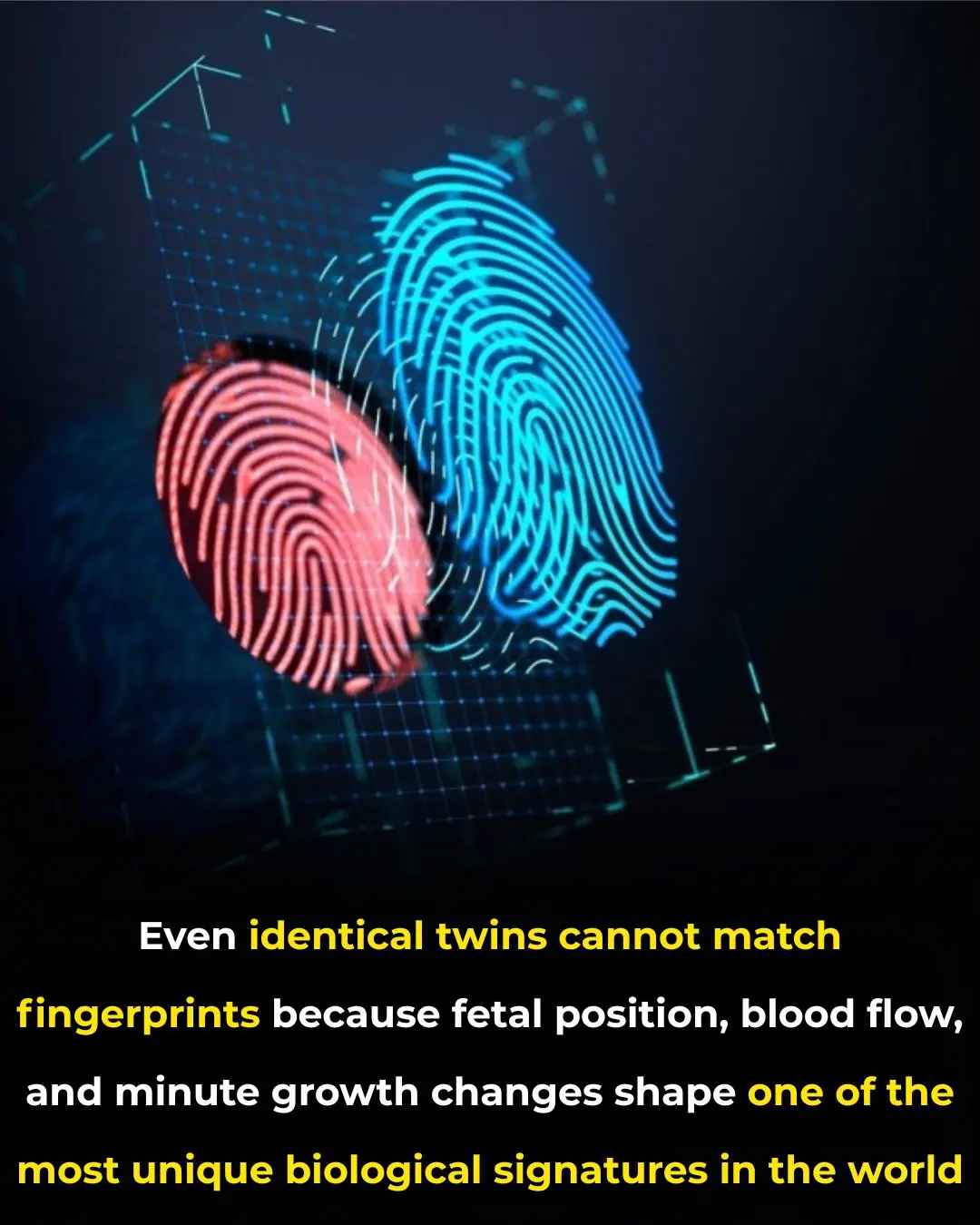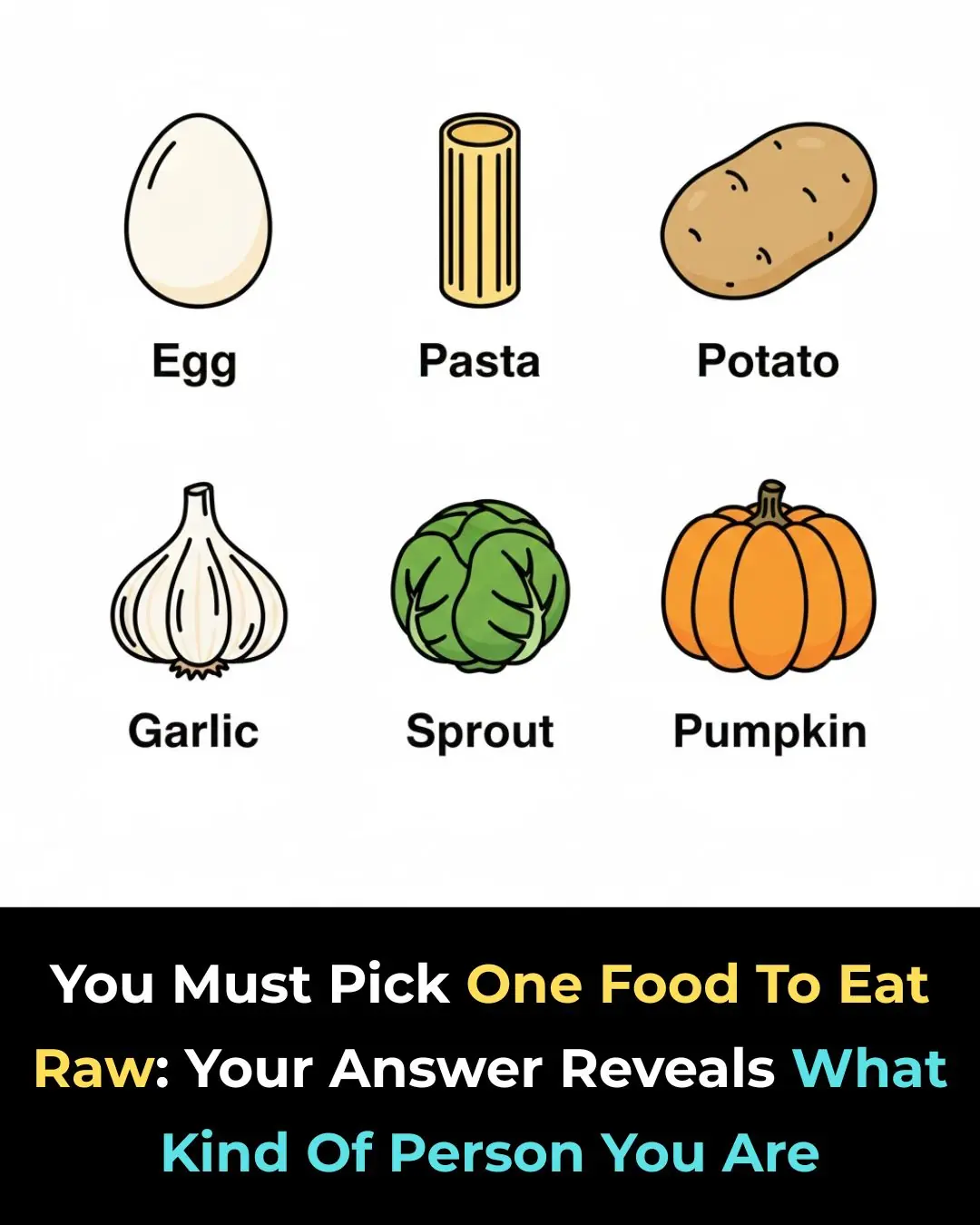
What Clearing the Table Says About You
What Clearing the Table Says About You — The Psychology Behind Everyday Kindness
In the flow of daily life, it’s often the smallest, most ordinary gestures that tell the deepest truths about who we are. Take something as simple as handing plates to a waiter or stacking dishes after a meal. On the surface, it seems like a tiny, forgettable action. But psychology suggests that these quiet moments can reveal surprising things about your empathy, upbringing, and core values.
A Subtle Yet Powerful Sign of Empathy
When you help a waiter clear the table, you’re doing far more than being polite. You’re recognizing the human being behind the task. You’re showing that you see their effort, understand their workload, and respect their time.
This brief exchange breaks down the invisible barrier between “customer” and “server,” replacing it with a moment of simple human connection. It says: “I see you, and I appreciate what you’re doing.”
That kind of awareness doesn’t happen by accident—it comes from emotional intelligence and genuine empathy.
The Personality Traits That Shine Through
In personality psychology, the Big Five model highlights “agreeableness” as a key trait related to cooperation, kindness, and compassion. People high in agreeableness often express their warmth through everyday behaviors like:
-
Holding doors open
-
Helping strangers
-
Cleaning up communal spaces
-
Returning misplaced items
-
Offering assistance without being asked
They’re not chasing attention or expecting praise. To them, kindness is simply a natural extension of who they are. Clearing a table is just one of the many micro-moments in which their nature quietly reveals itself.
A Window Into Upbringing and Core Values
For many people, helping out in small ways comes from habits formed in childhood. Maybe you grew up in a household where everyone pitched in, or where humility and respect were non-negotiable values. If so, helping a waiter might barely register as an action — it’s simply “what you do.”
And there’s something powerful in that. Acts of kindness rooted in upbringing tend to be automatic, sincere, and deeply consistent. They speak to values like:
-
Equality
-
Humility
-
Respect for all forms of work
-
Belief in helping without hierarchy
It’s not about making a statement. It’s about living your values in tiny, everyday ways.
Why We Help: The Psychology of Motivation
While the action may look the same, the motivation behind it can vary:
-
Some help from genuine care — they simply want to be kind.
-
Others help to appear considerate or to build social approval.
-
Some assist because they’ve been in the same position before and know what that job feels like.
Positive psychology shows that kindness is most rewarding when it comes from sincerity rather than self-image. When generosity isn’t a performance, it becomes emotionally nourishing — for both people involved.
Softly Challenging Social Norms
Most people don’t expect customers to help in restaurants. It’s not part of the usual social script. That’s why the people who do it tend to stand out — not in a loud way, but in a quietly confident one.
These individuals aren’t trying to break rules. They’re simply not limited by them. They intuitively understand that kindness isn’t restricted by roles, uniforms, or expectations.
This ability to step outside rigid social norms often reflects emotional maturity, inner security, and flexible thinking — qualities that influence how we relate to others in all areas of life.
Gratitude, Resilience, and Life Experience
For some, the desire to help is shaped by their own experiences:
-
Maybe they’ve worked in the service industry.
-
Maybe they’ve had exhausting jobs where they felt invisible.
-
Maybe they’ve gone through hard times and learned to appreciate every act of kindness, no matter how small.
For these people, helping isn’t just a gesture — it’s gratitude in action. It’s a way of acknowledging the dignity of labor and remembering a time when a simple kindness might have meant the world to them.
More Than a Gesture
A single action can’t define a person, but moments like these offer rare glimpses into who we are beneath the surface — our character, our emotional depth, and the way we think about others.
Helping clear a table is never really about the dishes. It’s about human connection, respect, and choosing to make the world just a little lighter for someone else.
The Lasting Impact of Small Acts
In a world that often prioritizes convenience and speed over connection, small acts of kindness stand out more than ever. They remind us that empathy doesn’t require grand gestures. It can be expressed in five quiet seconds — in stacking a plate, offering a smile, or simply noticing someone who might need a hand.
Because in the end, kindness is never wasted. Even the smallest gesture can linger in someone’s day long after the dishes are gone.
And perhaps that’s the most beautiful part: tiny actions can reveal a great deal about the greatness of a person’s heart.
News in the same category


What is their purpose in doing so?

🛁 Say Goodbye to the Shower: Japan Unveils the 15-Minute "Human Washing Machine"

Fingerprint Individuality: A Story Written by Biology, Environment, and Chance

Northwestern Study Reveals Hidden Dangers in Youth Skincare Influencer Culture

Scientists Discover a Brain Receptor That Acts as a Natural Shield Against Alzheimer’s

A Fluorescent Breakthrough: New Dye Helps Surgeons Precisely Target Prostate Cancer

The Shocking Secret of Spider Flight: How Electric Forces Lift Them Into the Sky

When a Humpback Whale Became a Hero: The Extraordinary Rescue of Marine Biologist Nan Hauser

🤯 Beyond the Void: How Quantum Physics Suggests the End of Life Is an Illusion

🧠 Medical Marvel: The Bullet That Accidentally Cured Severe OCD

If you kiss a deceased loved one, you should know that it causes ...

When a Woman Bites Her Lip While Staring at You, It Means She Is ...

3 flowers that make snakes tremble with fear — beautiful and safe to plant around your home

Meet Jonathan: The 192-Year-Old Tortoise Who Has Witnessed History and Continues to Inspire

Retired Couple in UK Successfully Nurtures 90-Million-Year-Old Wollemi Pine, Leading to Its First Reproduction Outside Australia

Stem Cell Therapy for Type 1 Diabetes Shows Promise in Human Clinical Trials

Have you noticed small white spots on your arms or legs… and you don't know what they are?

How Guyana Became the Only Nation Fully Self-Sufficient in All Seven Major Food Groups
News Post

Why Do We Get Shocked by Static Electricity

The Magic of Lemon Juice and Activated Charcoal: Natural DIY Solutions for Skin and Teeth

Improve Eyesight Naturally With Onion Tea: Benefits, Uses & How to Make It

Make your own biotin powder for glowing skin

Roll your feet daily—unlock rapid healing throughout your body!

Diabetes? Just boil these leaves to lower blood sugar (without medications)!

How to Get Rid of Bad Breath (Halitosis): Scientifically Proven Home Remedies

What is their purpose in doing so?

Meet Adrian Octavius Walker, the Photographer Whose Impact Extends From Ferguson to the Smithsonian

Breakthrough Hair-Loss Treatment

Which Raw Food Would You Eat

Barber’s Haircuts for Homeless Initiative Brings Participant to Tears

Oprah Winfrey Selects Tina Knowles’ Memoir ‘Matriarch’ for Book Club in a Tearful, Powerful Moment

Common Remembers The Time He Told Chance The Rapper To ‘Keep Following His Dreams’

Potato Toner for Clear Skin, Dark Spots, and Pigmentation: A Comprehensive Guide to Restoring Your Natural Glow

Add This Oil to Vaseline To Get Rid Of Wrinkles

DIY Okra-Based Keratin Treatment for Silky, Strong Hair: Transform Your Hair Naturally At Home

Homemade Aloevera Gel – How to Make Aloe Vera Gel at Home
